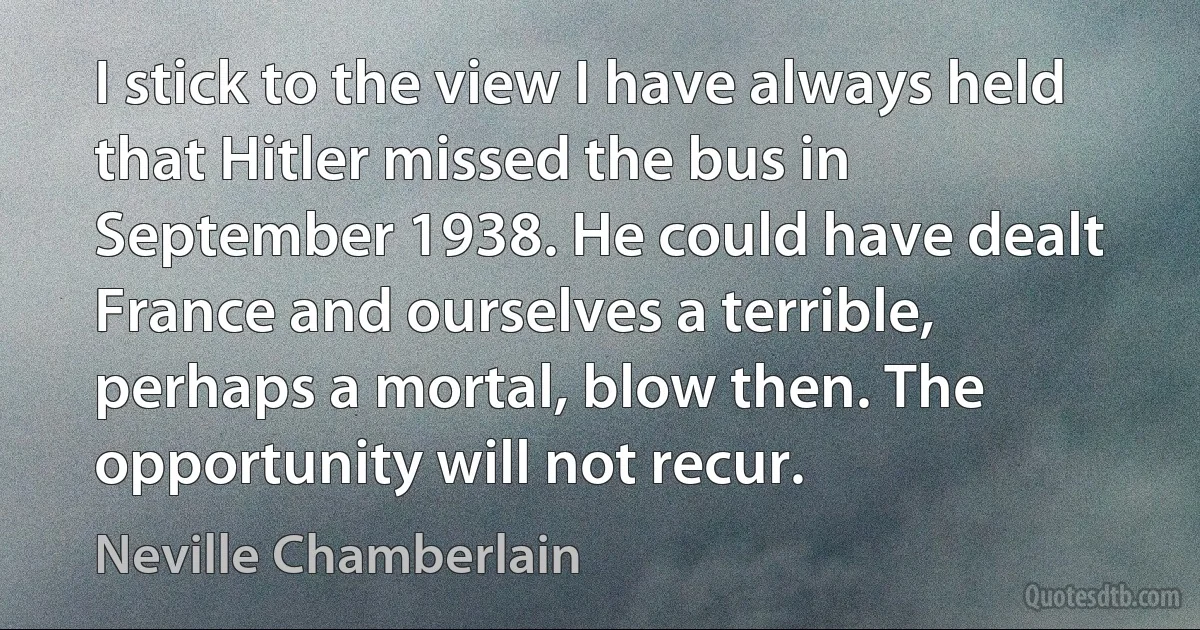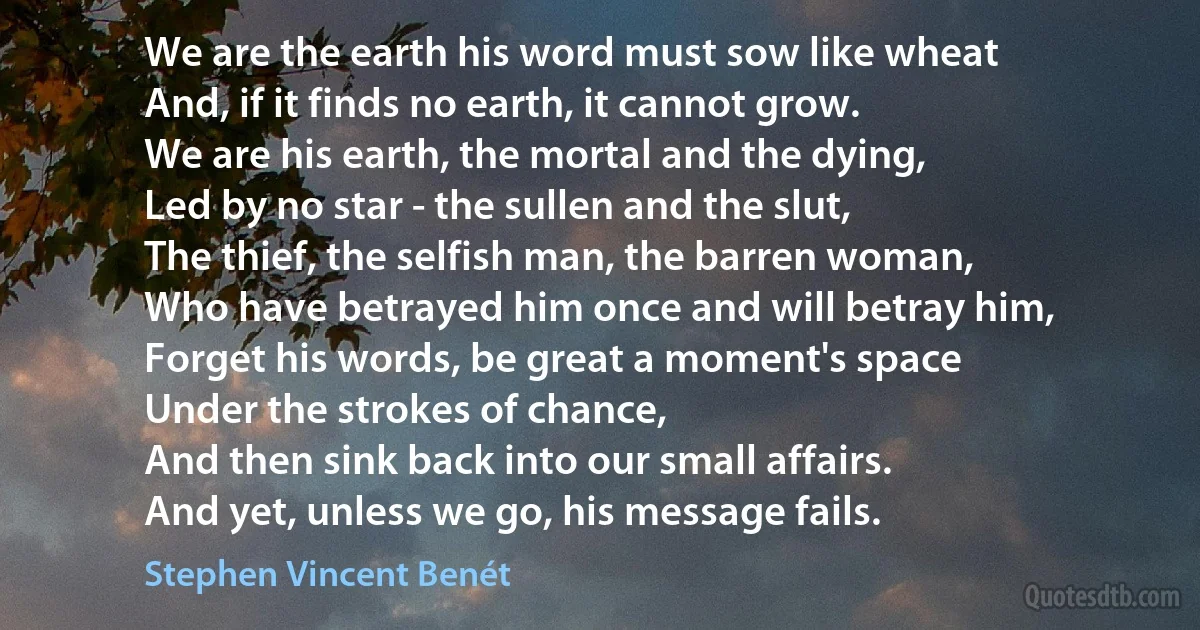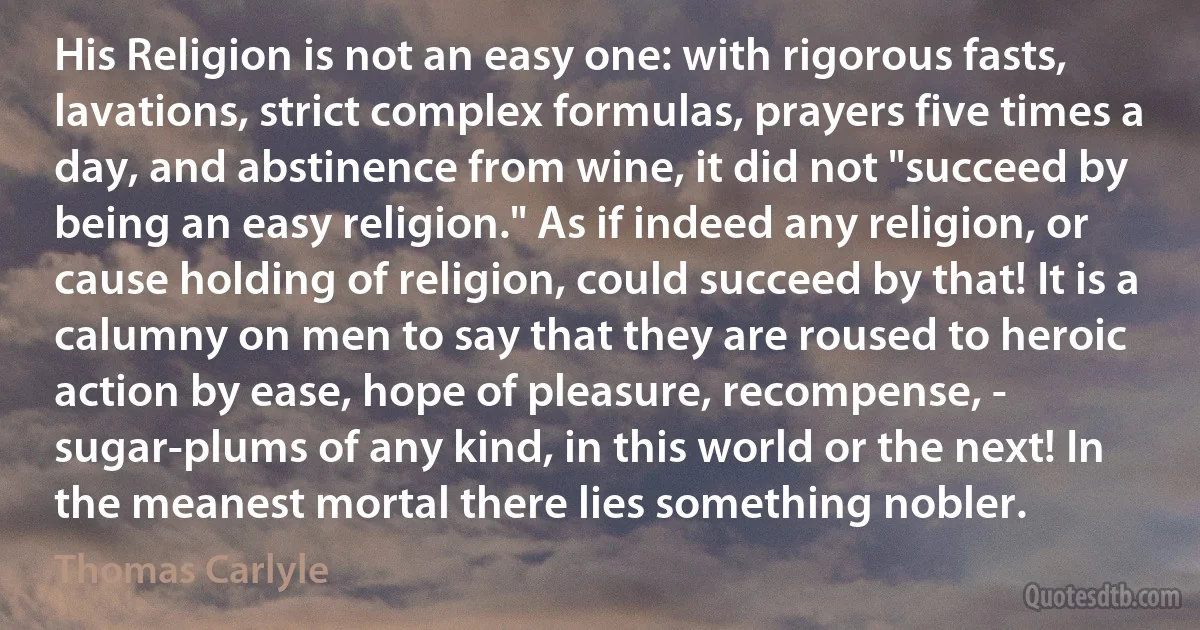Mortal Quotes - page 5
I have dedicated this book to the Soviet soldier. It is with his blood and sweat that the victory over the powerful enemy was gained. He knew how to face mortal danger, he displayed a supreme valour and heroism. There is no limit to the greatness of his exploit in the name of his Motherland. The Soviet soldier deserves that grateful humanity should erect him a monument to stand in the ages to come. Brilliant examples were set by officers of all ranks- from junior lieutenants to marshals- ardent patriots of their country, experienced and fearless organizers of the multi-million strong armed forces in military actions. Those who make a difference between the Soviet soldier and officer make a bad mistake, for equal in origin, way of thinking and acting, they are equally loyal to, and are true sons of, their Motherland.

Georgy Zhukov
"Th' immortal mind of mortal man!" we hear yon loud-lunged Zealot cry;
Whose mind but means his sum of thought, an essence of atomic "I." Thought is the work of brain and nerve, in small-skulled idiot poor and mean;
In sickness sick, in sleep asleep, and dead when Death lets drop the scene.

Richard Francis Burton
I told him how we kept fewer forms between us and God; retaining, indeed, no more than, perhaps, the nature of mankind in the mass rendered necessary for due observance. I told him I could not look on flowers and tinsel, on wax- lights and embroidery, at such times and under such circumstances as should be devoted to lifting the secret vision to Him whose home is Infinity, and His being - Eternity. That when I thought of sin and sorrow, of earthly corruption, mortal depravity, weighty temporal woe - I could not care for chanting priests or mumming officials; that when the pains of existence and the terrors of dissolution pressed before me - when the mighty hope and measureless doubt of the future arose in view - _then_, even the scientific strain, or the prayer in a language learned and dead, harassed: with hindrance a heart which only longed to cry - "God be merciful to me, a sinner!"

Charlotte Brontë
...classic philosophy maintained that change, and consequently time, are marks of inferior reality, holding that true and ultimate reality is immutable and eternal. Human reasons, all too human, have given birth to the idea that over and beyond the lower realm of things that shift like the sands on the seashore there is the kingdom of the unchanging, of the complete, the perfect. The grounds for the belief are couched in the technical language of philosophy, but the grounds for the cause is the heart's desire for surcease from change, struggle, and uncertainty. The eternal and immutable is the consummation of mortal man's quest for certainty.

John Dewey
The mortal enemies of man are not his fellows of another continent or race; they are the aspects of the physical world which limit or challenge his control, the disease germs that attack him and his domesticated plants and animals, and the insects that carry many of these germs as well as working notable direct injury. This is not the age of man, however great his superiority in size and intelligence; it is literally the age of insects.

W. C. Allee
While the Christian apostles preached their ideal in the open, the Talmud hides; and its two appendages, the Kahal and Freemasonry, are even more invisible. The three of them use, in order to remain in the dark, a scabrous and accursed means, namely the lie. In other words, the lie is the basis of the system used by Jews, to whom one can say.. 'You speak, therefore you be.' But the lie has a mortal enemy, namely the truth. For truth is the distinctive trait of Christianity.

Nicolae Paulescu
Yet with every allowance, one feels it difficult to see how any mortal ever could consider this Koran as a Book written in Heaven, too good for the Earth; as a well-written book, or indeed as a book at all; and not a bewildered rhapsody; written, so far as writing goes, as badly as almost any book ever was!

Thomas Carlyle
In the meanest mortal there lies something nobler. The poor swearing soldier, hired to be shot, has his "honor of a soldier," different from drill-regulations and the shilling a day. It is not to taste sweet things, but to do noble and true things, and vindicate himself under God's Heaven as a god-made Man, that the poorest son of Adam dimly longs. Show him the way of doing that, the dullest day-drudge kindles into a hero. They wrong man greatly who say he is to be seduced by ease.

Thomas Carlyle
Most of the avoidable suffering in life springs from our attempts to escape the unavoidable suffering inherent in the fragmentary nature of our present existence. We expect immortal satisfactions from mortal conditions, and lasting and perfect happiness in the midst of universal change. To encourage this expectation, to persuade mankind that the ideal is realizable in this world, after a few preliminary changes in external conditions, is the distinguishing mark of all charlatans, whether in thought or action.

Hugh Kingsmill



